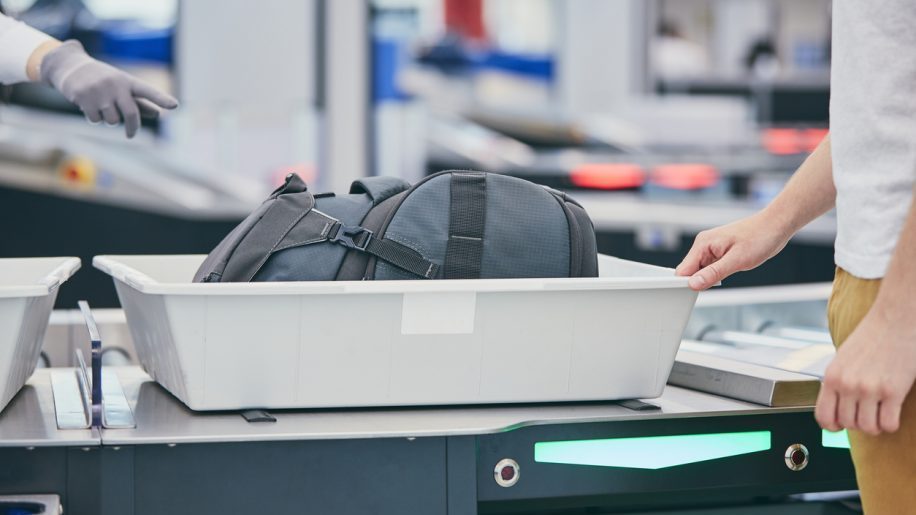
The UK government has set a requirement for “all major UK airports” to have 3D cabin baggage security scanners by December 1, 2022.
As reported by Business Traveller earlier this year, Heathrow is spending £50 million rolling out 3D scanning technology, as part of a trial that has been running since 2017.
And the Department for Transport has gone one stage further, requiring all major UK airports to introduce the technology over the next three years.
The DfT said that “This could mean in future passengers may be able to keep liquids and electrical equipment, like laptops, in their cabin baggage while it is screened”.
It added that “Once in place, the 100ml liquid limit may no longer apply and passengers could take liquids, like a bottle of water, through security”.
Similar three-dimensional computer tomography (CT) scanners are being introduced at other airports including Chicago O’Hare International.
Restrictions on liquids in hand luggage at airports have been in place since November 2006, following the foiling of a terrorist plot to detonate liquid explosives on several flights between the UK and North America.
Announcing the news Transport Secretary Grant Shapps said:
“The new screening equipment will improve security and make the experience smoother and less stressful for passengers. It could also mean an end to passengers having to use plastic bags or rationing what they take away with them.
“As an outward looking global nation, our transport hubs are more important than ever, and investing in our security infrastructure means we are investing in our nation’s future.”
In addition, £1 million in funding is being made available to universities “seeking to carry out cutting edge research into the next generation of aviation security solutions”.
The government said that the Future Aviation Security Solutions (FASS) programme “will bring industry and academia together to mentor students with enterprising ideas to create seamless movement of passengers and cargo in the airports of the future”.
It added that the Industrial PhD Partnership grants “will contribute to national security by improving the UK’s ability to prevent terrorist attacks and could lead to the creation of new products and services that enable faster, more effective airport screening processes”.












